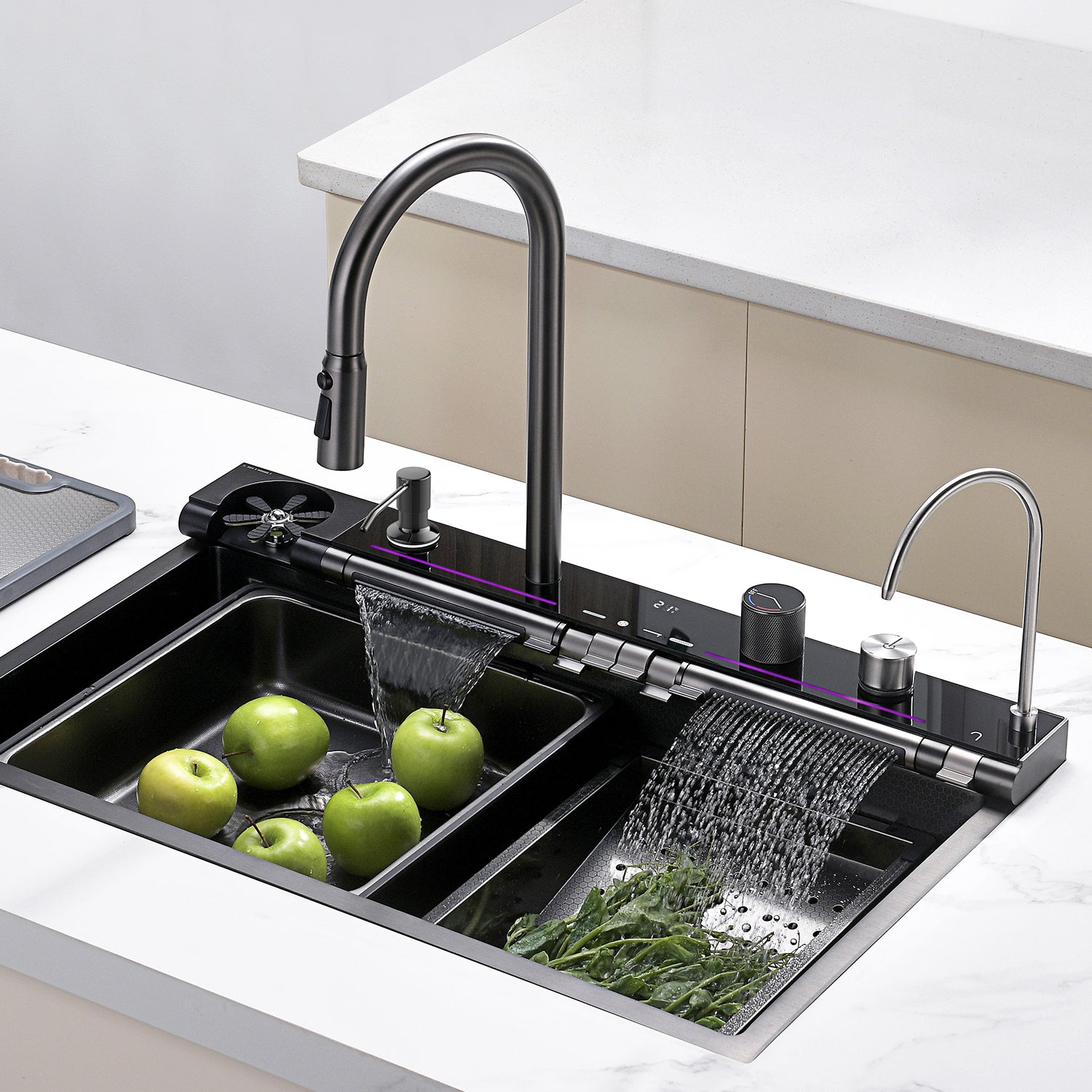How to Choose the Perfect Shower Hose: A Complete Guide
A good shower is an essential part of our daily routine, and having the right shower hose can significantly enhance the overall experience. With a myriad of options available on the market, choosing the perfect shower hose can be a daunting task. In this comprehensive guide, we will explore the key factors to consider when selecting a shower hose to ensure you make an informed decision.

Materials of Shower Hoses
The material of the shower hose plays a crucial role in its durability and functionality. Common materials include:
- Stainless Steel:Known for its durability and resistance to corrosion, making it a popular choice.
- Brass: Durable and resistant to high water pressure.
- Plastic: Lightweight and affordable but may not be as durable as metal counterparts.
PVC Shower Hoses
There are essentially two types of PVC shower hoses:
- Reinforced PVC:Resilient and easy to maintain.
- Basic PVC: Hygienic but more likely to twist or bend.
Metal Shower Hoses
Metal hoses are made of:
- Stainless Steel: Durable and corrosion-resistant.
- Brass: High resistance to water pressure.
- Double Interlock Metal Hoses:High-quality, strong, durable, and flexible.
- Basic Metal Hoses: Single layer, more prone to twisting and bending.
Length and Flexibility of Shower Hoses
Standard Lengths
Commercial shower hoses come in three standard lengths:
- 12 inches:Ideal for small bathrooms or tight spaces.
- 18 inches:Offers flexibility without taking up too much space.
- 24 inches: Provides extra reach for taller individuals or larger spaces.
Choosing the Right Length
When deciding which length suits you best, consider both convenience and practicality. Your choice depends on the available space in your bathroom and your height compared to the shower head locations in your house.
Hose Diameter
The diameter of the shower hose can impact water flow and pressure. A larger diameter allows for increased water flow, providing a more powerful shower experience. Ensure compatibility with your existing plumbing and showerhead specifications.
Fittings and Compatibility
Most hoses have standard fittings, but it's always a good idea to double-check. Consider whether you need a hose with hand-tightened connections or one that requires tools for installation. Quick and easy installation can save you time and effort.
Anti-Kink Technology
Dealing with a kinked hose can be frustrating and can lead to reduced water flow. It's better to choose hoses with anti-kink technology, which prevents twisting and tangling. This feature improves the longevity of the hose and ensures a smooth and uninterrupted water flow.
Importance of Temperature Resistance
Shower hoses are usually exposed to various water temperatures, so it's crucial to choose one that can withstand these fluctuations. Opt for hoses with high-temperature resistance to prevent damage or deformation over time.
Matching Your Bathroom Decor
While functionality is paramount, the visual appeal of the shower hose should not be overlooked. Consider the aesthetics of your bathroom and choose a hose that complements the overall design. Some hoses come in a variety of finishes, such as chrome or brushed nickel.
Color Options
If you want more delicate design, you can choose a white hose. Gold, green, blue, and red are trending colors. They set a soft, graceful scenery.
Final Thoughts
Choosing the perfect shower hose involves considering various factors such as material, length, flexibility, diameter, fittings, anti-kink technology, temperature resistance, aesthetics, and maintenance. By carefully evaluating these aspects, you can select a shower hose that not only meets your functional requirements but also enhances the overall aesthetic appeal of your bathroom.
FAQs
1. Which material lasts longest?
Stainless steel and double-interlock metal hoses generally last longer due to their durability and strength.
2. What is the best hose length for tall people?
Select a hose that is 10-30cm longer than your height for optimal comfort.
3. Are metal hoses scratch-resistant?
Metal hoses are susceptible to scratches, so opt for chrome-plated or coated versions for added protection.
4. Will I lose water pressure with a longer hose?
No, the length of the hose shouldn't impact water pressure significantly, provided your plumbing infrastructure is sound.
5. Is PVC toxic?
Only high-quality, food-grade PVC is considered non-toxic, but the risk is minimal compared to other chemicals in the home.





Leave a comment